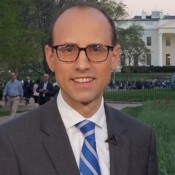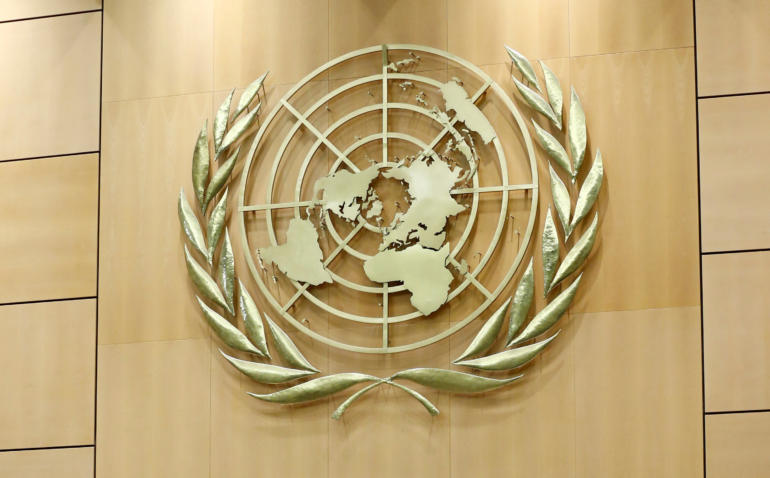Shortly after the end of the World War II, the United Nations was created. Its mission statement is to “maintain international peace and security”. This week’s gathering of the U.N. General Assembly in New York comes at a challenging time for global order.
CGTN’s Daniel Ryntjes reports.
It was May of 1945 in Berlin, and the world was just coming out of the ashes of global conflict.
“If we do not want to die together in war, we must learn to live together in peace,” Former U.S. President Harry S. Truman said.
The United Nations was created in San Francisco the following month. Back in Berlin more than four decades later, President Reagan was promoted America’s brand of global capitalism.
In 2001, China became a member of the World Trade Organization, which quickened the pace of American companies shifting manufacturing abroad.
“In reality, globalization in the United States and other prosperous countries has produced a huge increase in income inequality because semi-skilled and unskilled workers were forced to compete with workers in low-wage countries and their real wages went down, they lost jobs,” Jeff Ferry, Research Director for the Coalition for a Prosperous America said.
The period of slow recovery from the 2008 financial crisis intensified income inequality, and fueled the rise of Donald Trump to the U.S. presidency.
The World Economic Forum, for some Trump supporters, epitomizes their perception of a self-serving ‘global elite’. The organization’s Founder and Executive Chairman, Klaus Schwab, wants to find ways to better manage the mass job dislocations of the future.
“New technologies [are] creating much better inter-connectivity, creating better access to health services, to educational services, to knowledge,” Schwab said. “We have to make sure that those who have been left behind are integrated into this fourth industrial revolution on the national level, but also on an international level.”
As world leaders gather at the United Nations, questions remain. The U.N. must figure out ways to address this wave of popular discontent with globalization. It also must determine how to manage the leader of a nation that was for so long, globalization’s chief architect, and is now its most ardent critic.
 CGTN America
CGTN America
 In this file photo, the United Nations emblem is pictured at the 2nd Preparatory session of the 2020 Non Proliferation Treaty (NPT) Review Conference at the United Nations in Geneva, Switzerland April 23, 2018. (REUTERS/Denis Balibouse/File Photo)
In this file photo, the United Nations emblem is pictured at the 2nd Preparatory session of the 2020 Non Proliferation Treaty (NPT) Review Conference at the United Nations in Geneva, Switzerland April 23, 2018. (REUTERS/Denis Balibouse/File Photo)
